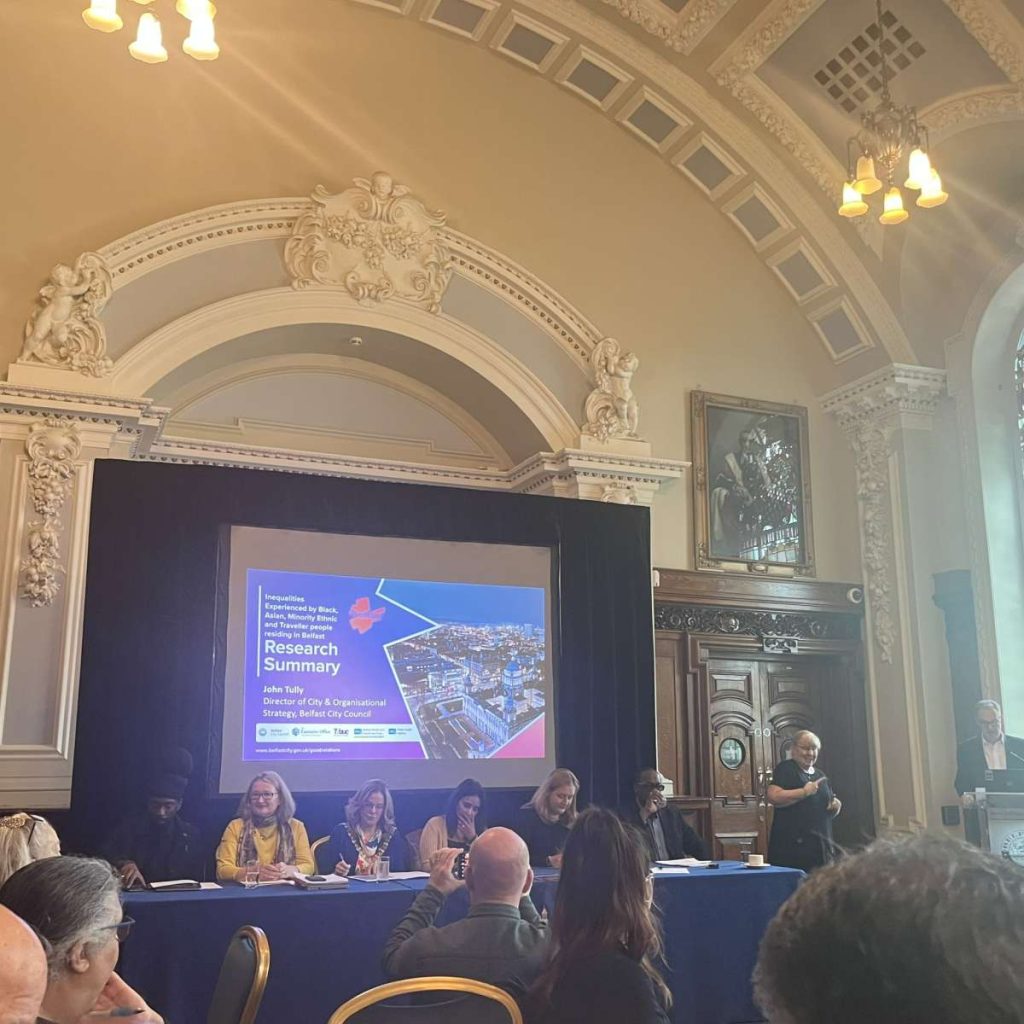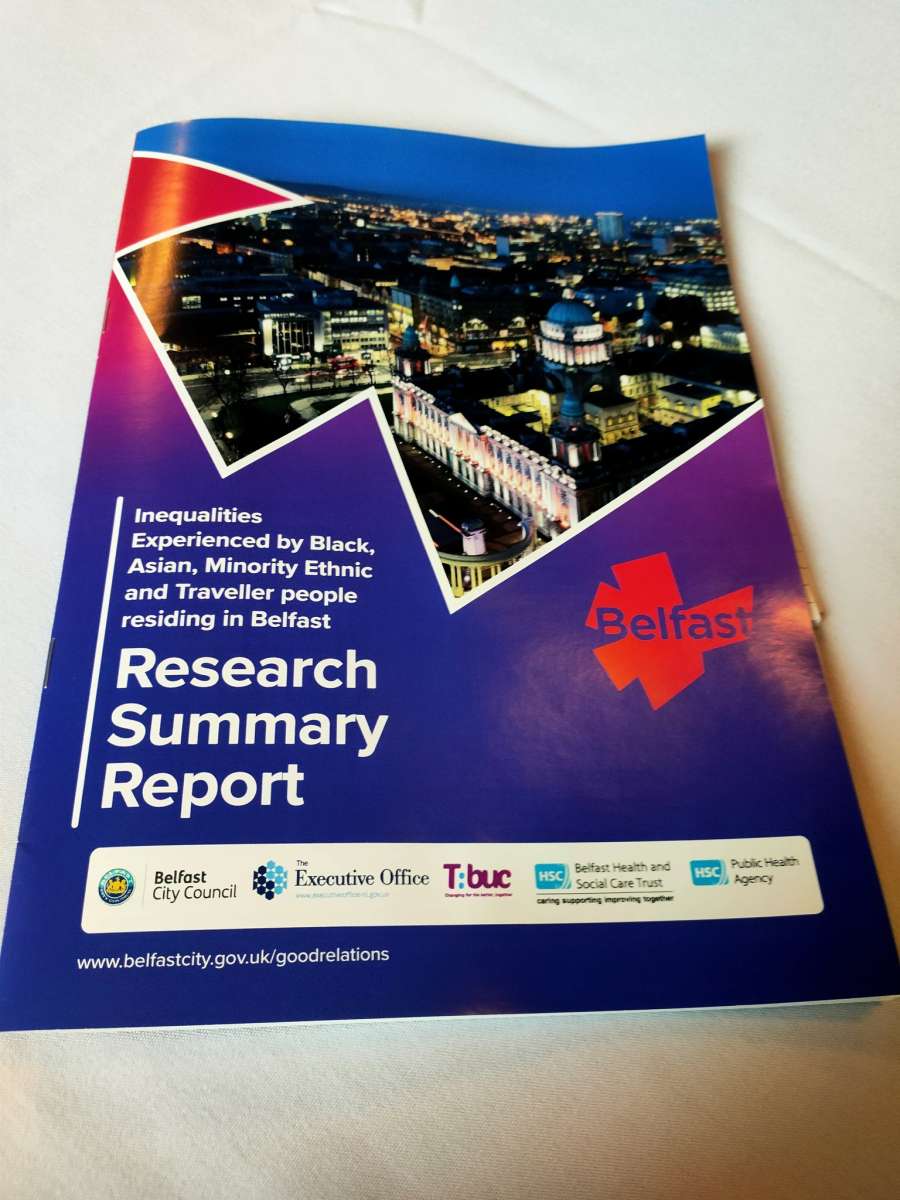Two-fifths of parents reported that their children experienced racist bullying in schools, and 38 per cent of participants have experienced a racist hate crime in Belfast. the report said…reports Asian Lite News
Ethnic minorities in the UK’s Belfast region, including Indians, face challenges of racism, isolation and poverty, impacting their participation in political, social, and economic life, a new study has revealed.
Inequalities were reported in areas across education, housing, work, civic and political participation by more than 150 people from black, Asian, minority ethnic communities in a study commissioned by Belfast City Council in partnership with Belfast Health and Social Care Trust and the Public Health Agency.
Chinese and Indian communities have been established in Northern Ireland, the UK, for decades, and now represent the largest second and third generation migrant populations.
According to the 2021 Census, the largest ethnic group in Belfast included people who identified as White (92.9 per cent), followed by Chinese (1.37 per cent), Indian (1.26 per cent), people of mixed ethnicity (1.2 per cent), and Black African (1.19 per cent)
Just three-quarters of minority ethnic and migrant participants felt safe and secure in Belfast, compared to more than 90 per cent of the city’s residents overall, the study found.
Two-fifths of parents reported that their children experienced racist bullying in schools, and 38 per cent of participants have experienced a racist hate crime in Belfast, and 41 per cent experienced discrimination in other contexts.

Professionals generally reported poor promotion prospects in work with just under a third of participants are unemployed, in part due to discrimination in the labour market, but also due to language barriers and difficulties accessing work-related training.
Many described having taken lower-income jobs on arrival with the expectation of progressing, yet remain in jobs far below their qualifications, even after becoming fluent in English.
More recently arrived migrants highlight the difficulty of navigating basic services and accessing education and work opportunities to improve their prospects.
House ownership is seen as desirable but difficult due to low-income, insecure occupations, cost of living and availability of credit networks.
As far as civic and political participation goes, most of these minorities have the right to vote, with less than half having ever used it.
Trust in political representatives is particularly low across all ethnic and national groups in this study. A fifth of participants had personally contacted a councillor, MLA, and/or MP.
The study comes after Britain’s Indian-origin Prime Minister Rishi Sunak recently revealed that he experienced racism growing up in the UK but the country has made incredible progress since then in tackling the issue.
According to the 2021 census which was released last week, Indians became the largest non-white ethnic group in the UK with the number of Persons of Indian Origin rising to 3.1 per cent of the total population from 2.5 per cent (14.12 lakh) recorded in the 2011 census.

Leave a Reply